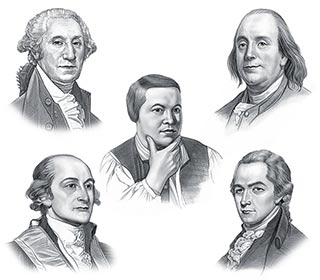- Manufactured products from England and Europe such as guns, cloth, beads
- Slaves from West Africa, many of whom toiled in the Slave Plantations
Triangular Trade - Trade is the Word
The triangular trade routes were pivotal to the practise of Mercantilism by England by which colonies had one main purpose: to enrich the parent country (England). The premise of Trade was that the different regions would trade goods that they had in abundance in exchange for those goods which were needed but lacking in their own region. Money did not change hands.Triangular Trade - The Slave Trade
Slavery had existed in Africa since ancient times. Enslaved Africans became part of the international trade network of the period used extensively by the Spanish and the Portuguese in the Americas. The English became involved with the Slave Trade and the pattern of Triangular Trade across the Atlantic was formed. Sir John Hawkins is often considered to be the pioneer of the British slave trade, because he was the first to run the Triangular trade route across the Atlantic, making a profit at every stop. - Leg 1: Ships from England would go to Africa carrying iron products, cloth, trinkets and beads, guns and ammunition. The ships traded these goods for slaves, gold and spices (pepper)
- Leg 2: Ships from Africa would go to the American Colonies via the route known as the 'Middle Passage'. The slaves were exchanged for goods from the Americas, destined for the Slave Plantations
- Leg 3: Ships from the Americas would then take raw materials back to England. The English would use the raw materials to make 'finished goods'
- And the same process would start all over again...
|
